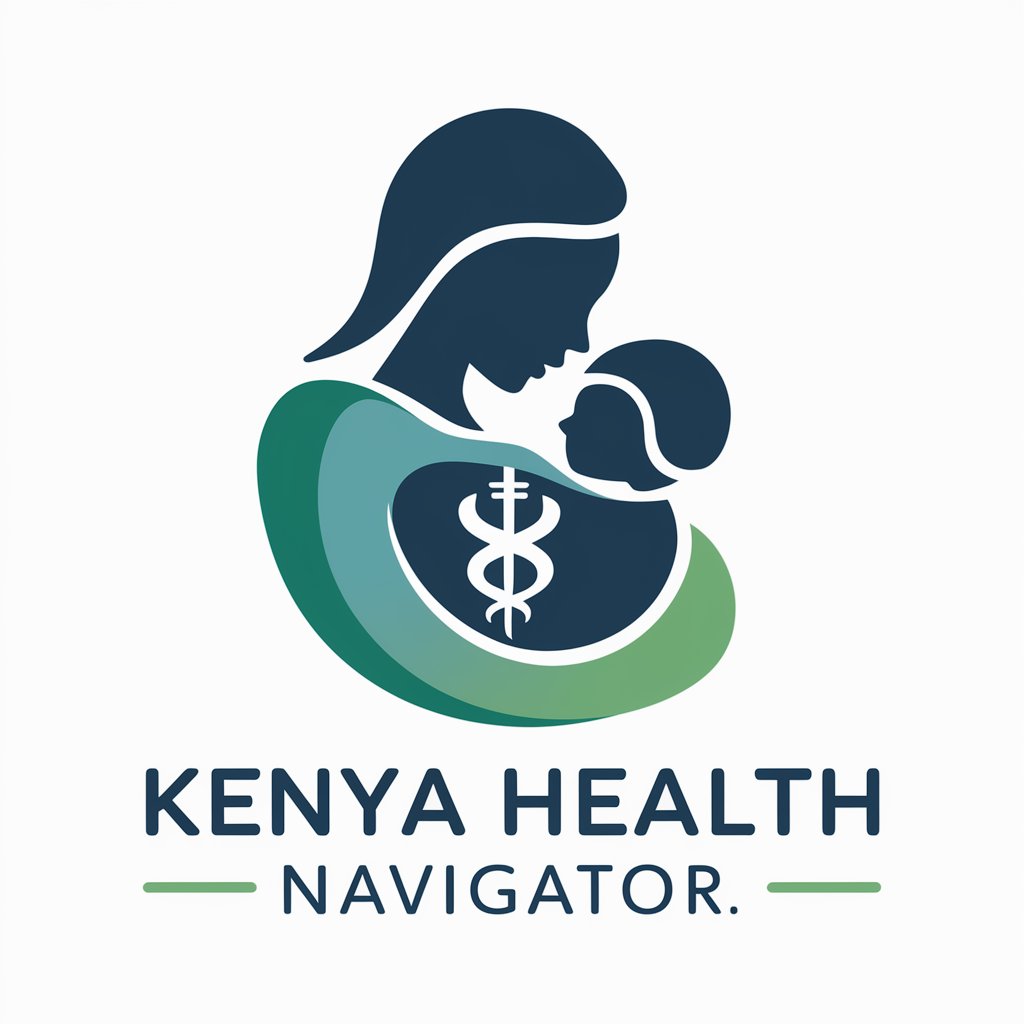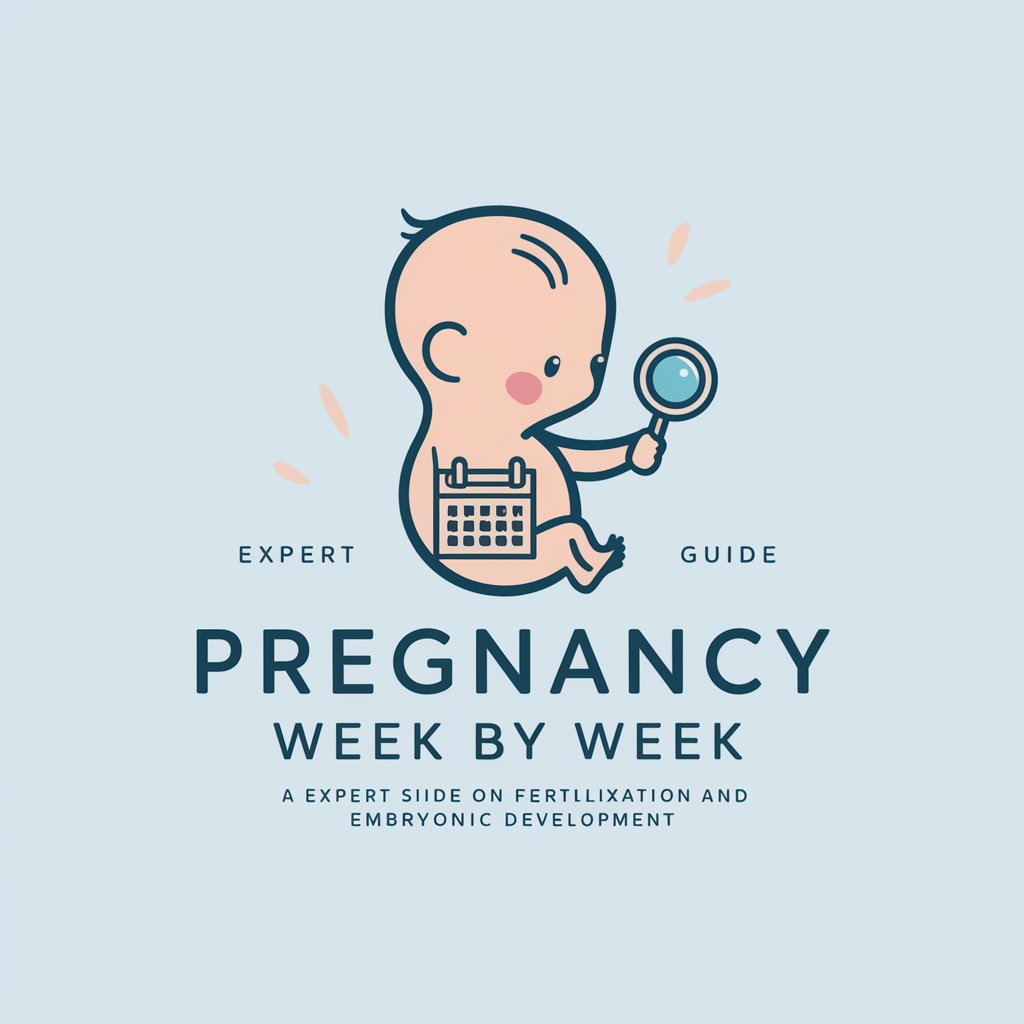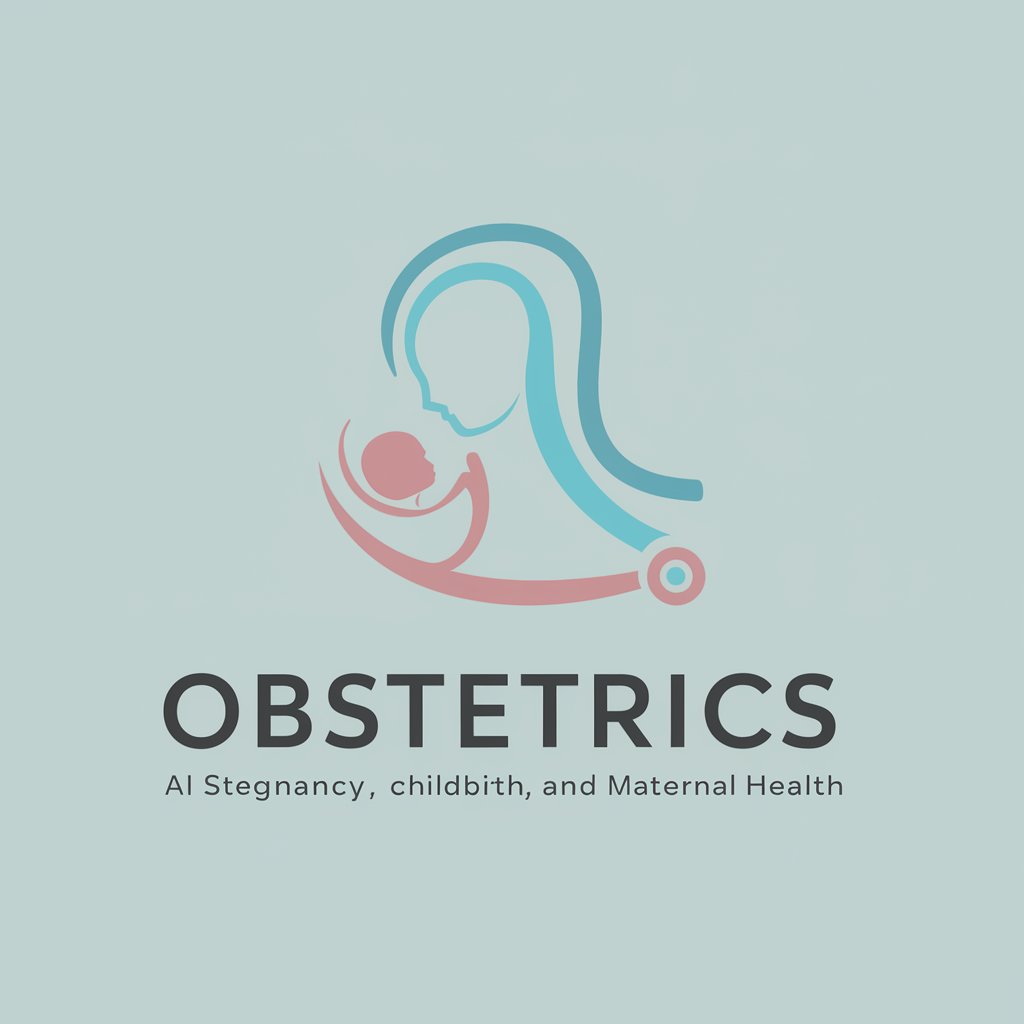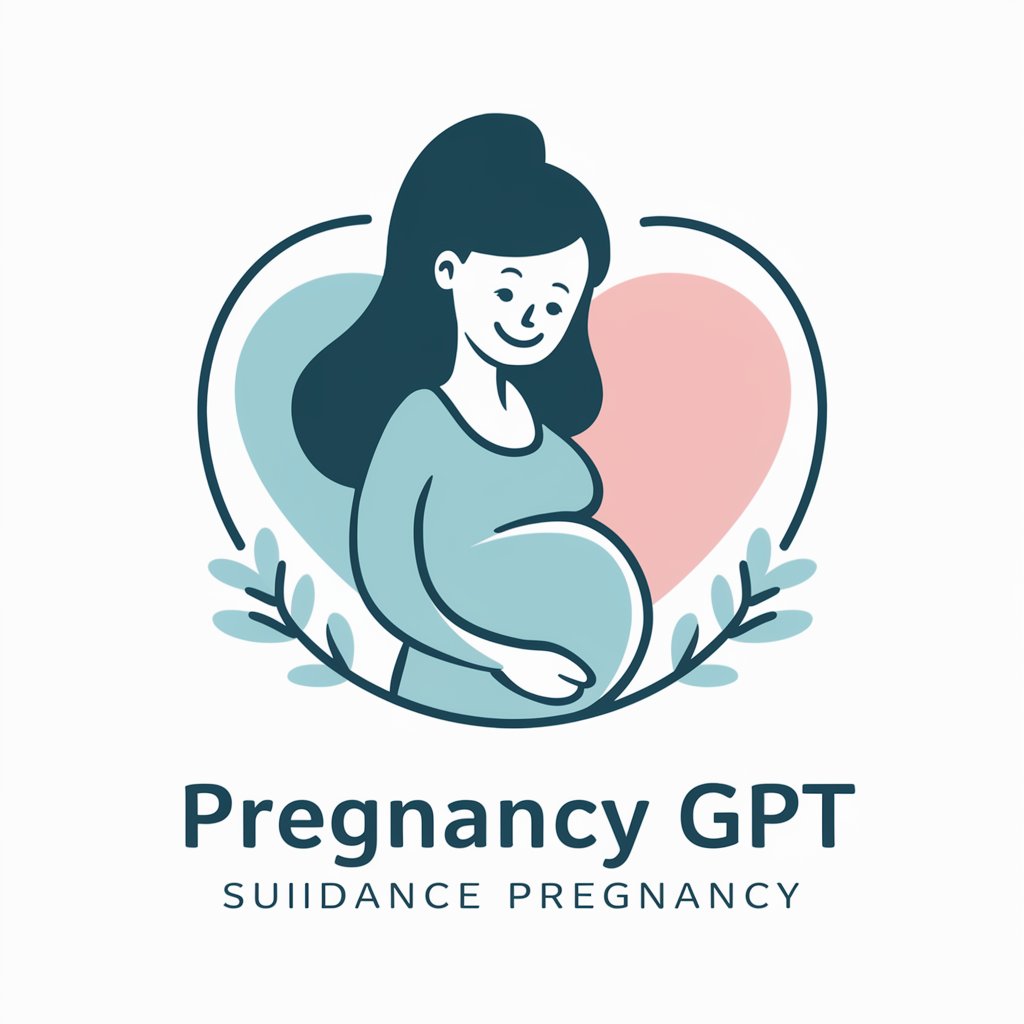4 GPTs for Maternal Health Powered by AI for Free of 2026
AI GPTs for Maternal Health are advanced artificial intelligence tools designed specifically to address, analyze, and provide solutions for various aspects of maternal health. Utilizing the capabilities of Generative Pre-trained Transformers (GPTs), these tools offer personalized and detailed insights, advice, and information, catering to the unique needs within the maternal health domain. By processing vast amounts of data, they can support decision-making, offer educational content, and enhance research and healthcare provision in maternal health.
Top 4 GPTs for Maternal Health are: Kenya Health Navigator,Pregnacy week by week,Obstetrics,Pregnancy GPT
Key Attributes of Maternal Health AI Tools
AI GPTs for Maternal Health are distinguished by their adaptability and the breadth of their functionalities, ranging from patient education to support in clinical decision-making. They can analyze complex medical data, engage in natural language processing to understand and generate human-like responses, and tailor content to the specific needs of users. Special features include predictive analytics for patient outcomes, language learning for multilingual support, technical assistance for healthcare professionals, and capabilities for detailed data analysis to inform healthcare strategies.
Who Benefits from Maternal Health AI?
The primary beneficiaries of AI GPTs for Maternal Health include healthcare professionals like obstetricians, midwives, and maternal health researchers, as well as expectant mothers seeking information and support. These tools are designed to be accessible to users regardless of their coding skills, offering intuitive interfaces for novices while providing robust customization options for developers and professionals in the field, thus bridging the gap between advanced AI technologies and user-friendly applications.
Try Our other AI GPTs tools for Free
Troubleshooting Advice
Explore AI GPTs for Troubleshooting Advice: your AI-powered assistant for solving technical issues, designed for both novices and professionals.
Craft Education
Discover how AI GPTs revolutionize Craft Education, offering personalized learning, creative inspiration, and technical support tailored to your crafting journey.
Property Features
Discover AI GPTs for Property Features: Tailored solutions for the real estate industry, enhancing property management and investment decisions with cutting-edge technology.
Art Funding
Discover AI-powered solutions for art funding, designed to assist with grant writing, funding strategies, and donor management, tailored for artists and cultural institutions.
Match Scheduling
Discover how AI GPTs revolutionize match scheduling, making it more efficient, fair, and engaging for organizers and participants alike.
School Marketing
Discover how AI GPTs for School Marketing can transform your educational institution's promotional efforts with advanced, tailored AI solutions designed to engage and attract students.
Further Perspectives on Customized AI Solutions
AI GPTs for Maternal Health exemplify how customized AI solutions can transform sectors by providing targeted, user-friendly, and integrative applications. These tools not only streamline healthcare provision but also empower individuals with knowledge and support, showcasing the potential of AI to innovate and improve outcomes in specialized fields like maternal health.
Frequently Asked Questions
What are AI GPTs for Maternal Health?
AI GPTs for Maternal Health are specialized AI tools that leverage GPT technology to offer insights, information, and support specifically tailored to the field of maternal health.
How do these tools support maternal health?
They support maternal health by providing personalized advice, analyzing health data, facilitating educational content, and assisting healthcare professionals in decision-making processes.
Can non-technical users easily access these tools?
Yes, these tools are designed with user-friendly interfaces that require no prior coding knowledge, making them accessible to a wide range of users.
What unique features do these GPTs offer?
Unique features include multilingual support, predictive analytics for patient outcomes, and specialized technical support for healthcare professionals.
Who can benefit from using these AI tools?
Healthcare professionals, researchers in maternal health, and expectant mothers can all benefit from the comprehensive support these tools offer.
How do these AI tools integrate with existing healthcare systems?
These AI tools are designed to be flexible and can be integrated with existing healthcare systems to enhance data analysis, patient communication, and decision-making processes.
Are these tools adaptable to different languages?
Yes, with advanced language learning capabilities, these tools can support multiple languages, making them accessible to a global audience.
Can these tools predict health outcomes?
Through the use of predictive analytics, these tools can analyze data to forecast potential health outcomes, aiding in proactive healthcare planning and intervention.



